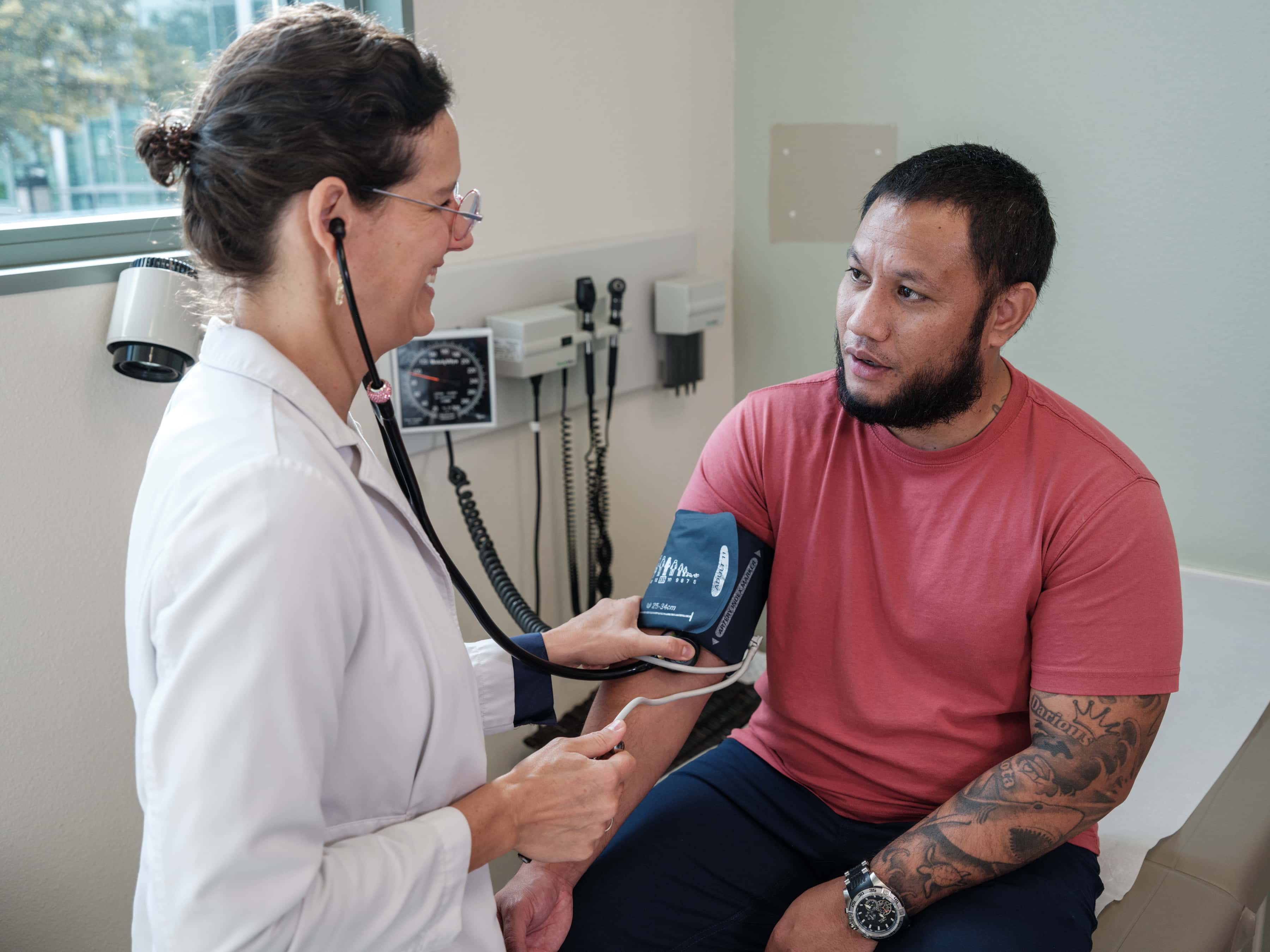
November is National Diabetes Awareness Month, a time when we focus on one of the world’s fastest-growing health issues. Diabetes affects millions of people, and many don’t even know they have it. It’s important to know the signs and symptoms of diabetes so you can catch it early and avoid more serious health issues.
Simply put, diabetes happens when you have too much sugar in your blood. There are several types of diabetes, but the two most common are Type 1 and Type 2. We don’t know the exact cause of diabetes, but we do know that both Type 1 and Type 2 diabetes come from a combination of factors.
So, how do you know if you are at risk of developing diabetes? Type 1 diabetes usually shows up in childhood or adolescence and often runs in the family. Type 2 diabetes, on the other hand, is more common in adults 45 or older who have higher body weight and are less active. Some people develop prediabetes, which means their blood sugar levels are higher than normal but not enough to be called diabetes. Having prediabetes could mean you are more likely to develop Type 2 diabetes. The good news is that prediabetes can be reversed.
Recognizing the signs of diabetes is important for early diagnosis. You should talk to your doctor if you experience any of these symptoms:
- Feeling very thirsty
- Urinating a lot
- Extreme hunger
- Unexplained weight loss or gain
- Feeling tired all the time
- Blurry vision
- Being easily annoyed
- Wounds take a long time to heal
- Tingling or numbness in hands and feet
- Frequent infections
Many people with diabetes don’t have noticeable symptoms, especially in the early stages. So, even if you feel perfectly fine, have regular check-ups with your doctor. Diabetes left untreated can lead to serious health problems like heart disease, kidney problems, vision loss and nerve damage. Talk to your doctor if you think you may have diabetes or are worried about your risk. They can provide guidance, conduct tests and help you manage the condition effectively. Early diagnosis and proper management can make a big difference in living a long and healthy life without the complications of diabetes.
If you and your family need help finding a doctor, a Community Health Worker can help. Community Health Workers connect people to health services and can help you find a doctor who is a good fit for your family. Visit nwa.uams.edu/chr to get started. Or schedule an appointment today at one of our UAMS clinics in Northwest Arkansas at https://uamshealth.com/northwest/primary-care/.
